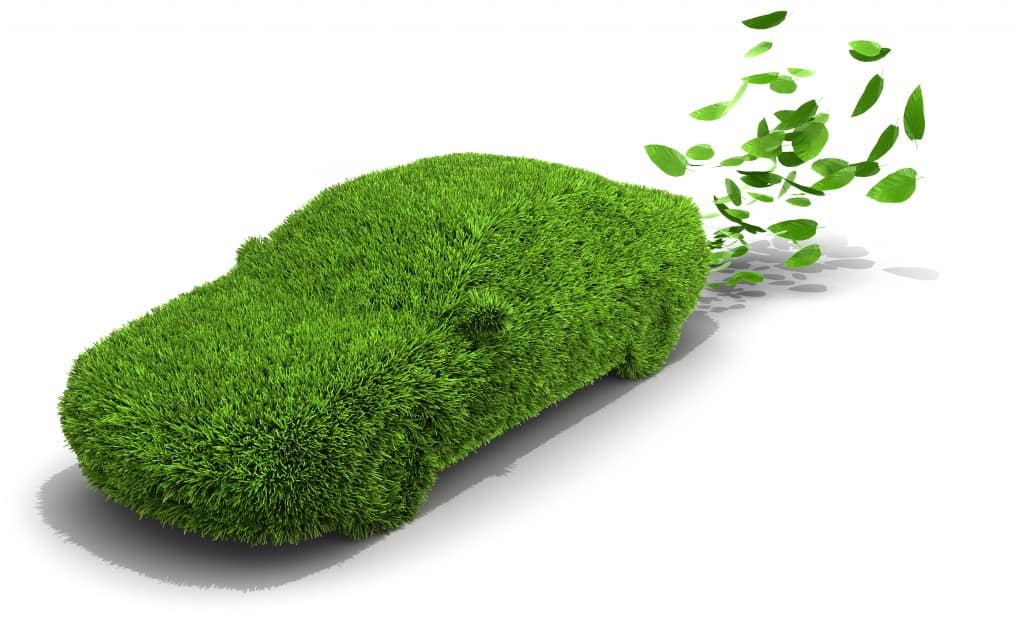
In an ideal world we wouldn’t have to use cars. However, in the fast-paced modern world where you have to fulfil a number of responsibilities, such as working commitments and picking up your children from school, life without a vehicle for many people is unthinkable. Given that we live in a society that is now reliant on the auto-mobile, what small changes could you make
to the way you use your car that over time that could have a big impact on the environment?
Over the last thirty years people have woken up to green issues. As a population, we’re now more aware of how our behaviour can affect the environment, leading to climate change and global warming. One area where we’re still not quite getting it right is in our use of our cars. A survey conducted by top MIT scientists in 2012, calculated that around 5,000 deaths per year in the UK are caused by combustion emissions from cars. That’s around double the number of road accident fatalities. Is there more we could be doing to reduce the impact of our vehicles on the world around us?
Accelerate Gradually
You can also make sure that you’re minimising the amount of emissions from your vehicle by checking your behaviour whilst behind the wheel. The equation here is quite simple, the harder you push your engine, the more smoke comes out of its exhaust. Rapidly accelerating really ups your revs, so if you only accelerate slowly, you’ll create less pollution.
Use Cruise Control
As you no doubt already know, cruise control allows you set a steady speed whilst travelling long distances on large stretches of road. By maintaining a level, consistent speed, you’ll find that you actually use less fuel, which in turn means less emissions from your engine. Changing between slowing and constantly accelerating is proven to drastically reduce fuel economy.

Obey The Speed Limit
Not only will obeying the speed limit make you a safer driver for other road users and pedestrians, but it also put less demand on your engine. Running your car at higher speeds is known to increase the amount of fuel the engine uses to travel the same distance. Therefore by running your car at a slower speed, your engine will produce less emissions.
Combine All Of Your Chores Into One Trip
One of the easiest things to do to cut down on the amount of emissions created by your car is to use it less. This may require a little planning, but why not combine all your tasks and errands into one trip, as opposed to taking multiple journeys with the car?
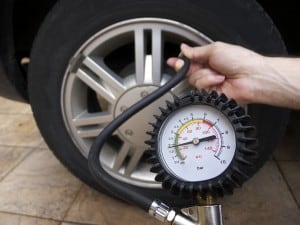
Regularly Check Your Tyres and Brakes
Regular checking of your brake fluid and car tyres will also ensure that your car is running as efficiently as possible, cutting down on the amount of fuel wasted by your engine. Perform these checks at least once a month to make sure your car is running at an optimum level.
Drive Your Newest Car
If you have a number of private vehicles, then always drive your newest car, as it’s likely to produce less emissions than an older model, and will therefore create less CO2 and harm to the environment.
Report Smoking Vehicles
If you do spot a commercial vehicle on the road that’s pumping out a large amount of black smoke, then you can report it to the Vehicle Operator Service Agency on 0870 606 0440. You will need to provide its number plate, as well as the details of when and where you saw the vehicle.

Don’t Top Off At The Petrol Station
There are a number of things you can do to keep your car’s emissions within the government’s limits, including making sure that you don’t top off at petrol stations, as over-filling the tank can damage the car’s system that deals with evaporative emissions. By keeping this in good working order, you’re limiting the amount of environmentally harmful unspent fuel that’s pushed out of your exhaust.
Ensure Your Air Filter Is Clean
It’s also a good idea to check that your engine’s air filter is reasonably clean, as this can also lead to excess carbon in your exhaust fumes. If you do have a dirty air filter in your car, then this paper insert can usually be changed for just a few pounds, allowing you to quickly reduce the amount of pollution produced by your engine.
The Right Choice Of Car
If you’re a car owner in the UK, you’ll already know that there’s a financial incentive for using a car that emits a low amount of CO2 in the form of reduced road tax. However, you can even go one step further by purchasing a hybrid vehicle, which runs on a combination of petrol, or more commonly diesel fuel, and electricity, or a completely electrically powered car. More and more manufacturers, including high end producers such as Lexus and BMW, are producing models that use environmentally friendly engines. So next time you’re in the market for a new car, why not do some research to make sure that you buy the greenest option available?
Government Schemes
Whilst electrically powered cars might seem like a more expensive choice than buying an old banger and running it into the ground, did you know that you can actually get a grant of up to £5,000 to help you purchase an environmentally friendly vehicle for your own personal use? That’s not all either, as a number of government agencies have been pressuring the UK’s administration, asking for more perks for drivers of green cars, such as free use of toll roads and public car parks to encourage people to purchase these vehicles.

Biodiesel – A Viable Alternative?
You may well have heard urban legends about people running their cars on old chip fat or used vegetable oil. There’s actually more than a sliver of truth in these tales, as you can run your car on what’s known in the trade as biodiesel. Waste cooking fats are taken to special plants where they are combined with alcohol, creating a fuel-stuff that can be used to power standard diesel engines, as opposed to the special engines that have been converted to run straight off fatty liquids. However, whilst this might sound like an ecologically friendly way to run your car, a 2013 report from Chatham House, another government think-tank, actually suggests that these substances are more harmful to the environment than conventional fossil fuels.
To The Future
There may well come a time when all cars are recharged in their down-time using electricity that’s been created by alternative power sources, such as wind turbine or solar energy. Until then, we have to do everything we can to ensure the way we use current fossil fuel powered cars is as green as possible. Like all ecologically friendly causes, lots of people all making small changes to the way they live their lives can together make a massive change to our planet’s environment.




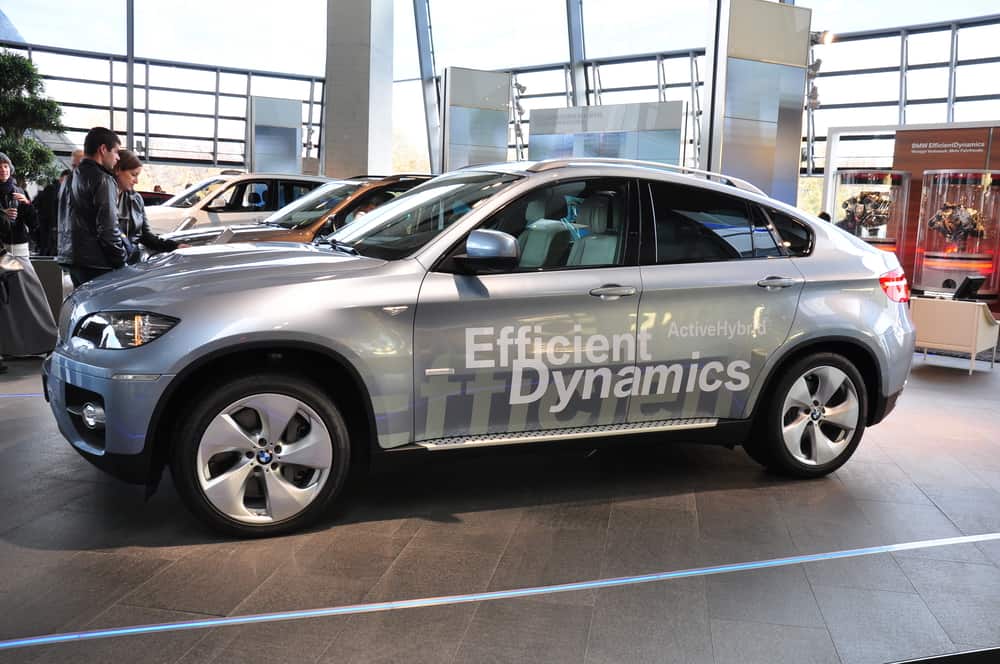
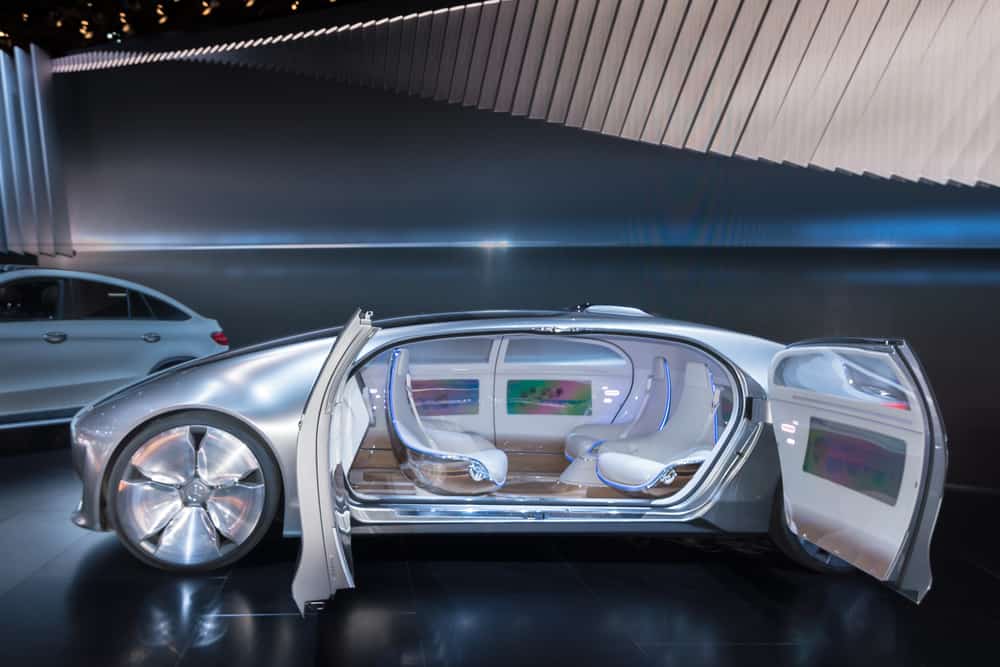



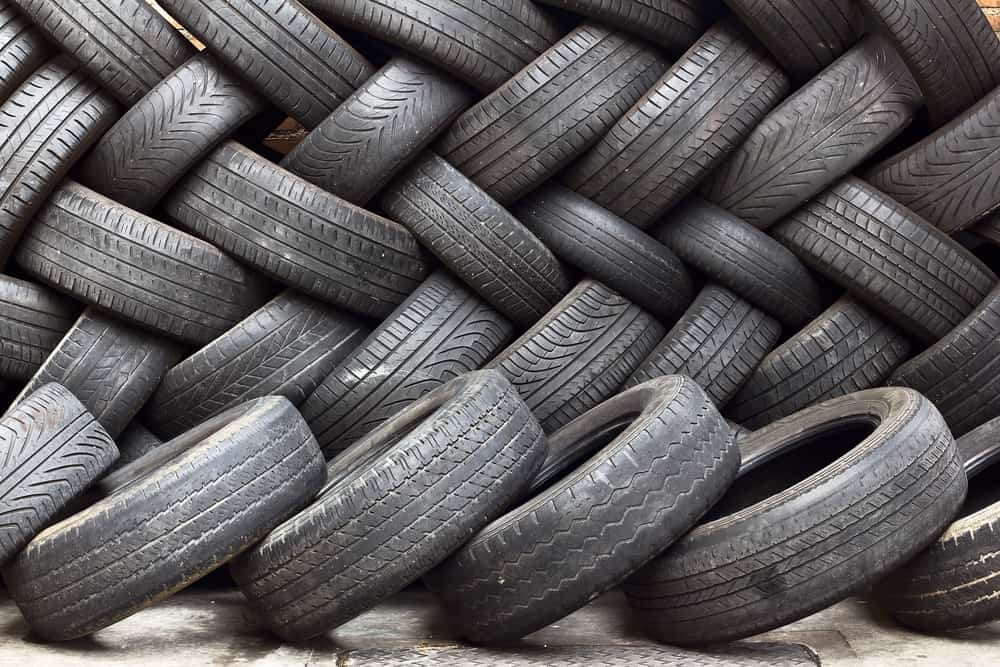
.png)